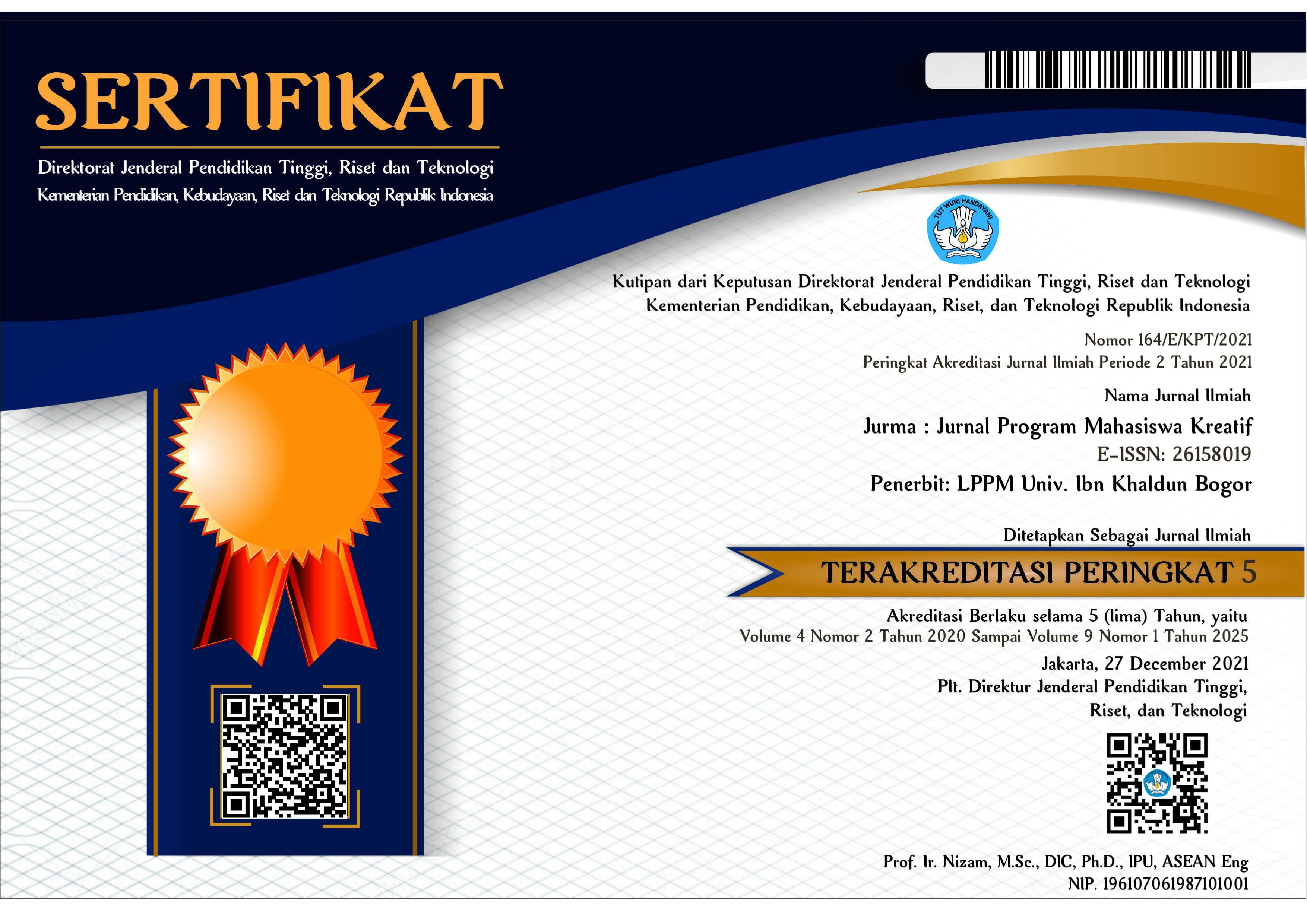Forensic Audit as a Fraud Detection Tool: Manipulation Analysis in PT. Garuda Indonesia
Abstract
The purpose of this study is to determine the elements that contribute to the occurrence of financial report manipulation and to assess how well forensic audits detect financial fraud at PT. Garuda Indonesia. The research method uses a qualitative approach with a case study design, through analysis of BPK and KPK audit report documents, in-depth interviews with 15 key respondents, and a review of related literature. The results of the study revealed that forensic audits succeeded in detecting five modes of manipulation with a total loss of IDR 8.2 trillion, mainly through Benford's Law analysis techniques and examination of supporting documents. According to the Fraud Triangle Theory framework, the primary findings demonstrate that financial pressure and internal control flaws (opportunity) are the key variables that criminals take advantage of. The primary red flags in this analysis were also questionable transactions involving related parties and differences between cash flows and invoices. The study's findings support earlier research on the efficiency of the forensic technique in identifying structured fraud by Sari & Putra (2021) and ACFE (2023). The study's ramifications highlight how crucial it is to establish an impartial forensic audit team, enhance the whistleblower system, and fortify laws by the appropriate authorities. By providing actual evidence from a genuine case in the airline sector and practical suggestions for future fraud prevention, this research significantly adds to the body of knowledge on forensic accounting
Copyright (c) 2025 Linda Asriani, Novi Faurini, Meilya Evita Syari, Awalina Febriani Lubis, Totona Berkat Elsuran Zebua, Inda Novita Sari, Rahima Br. Purba

This work is licensed under a Creative Commons Attribution-ShareAlike 4.0 International License.






















